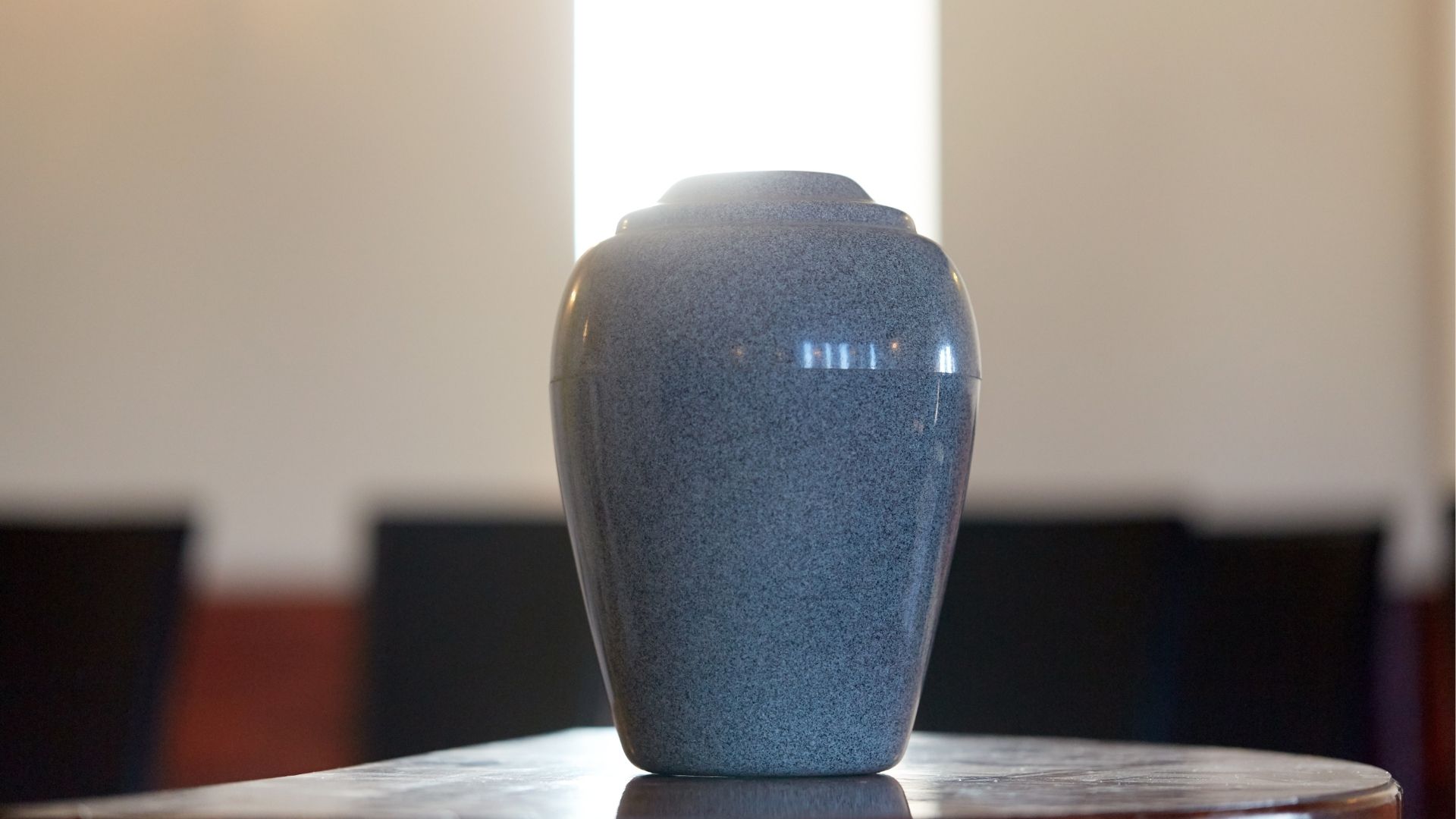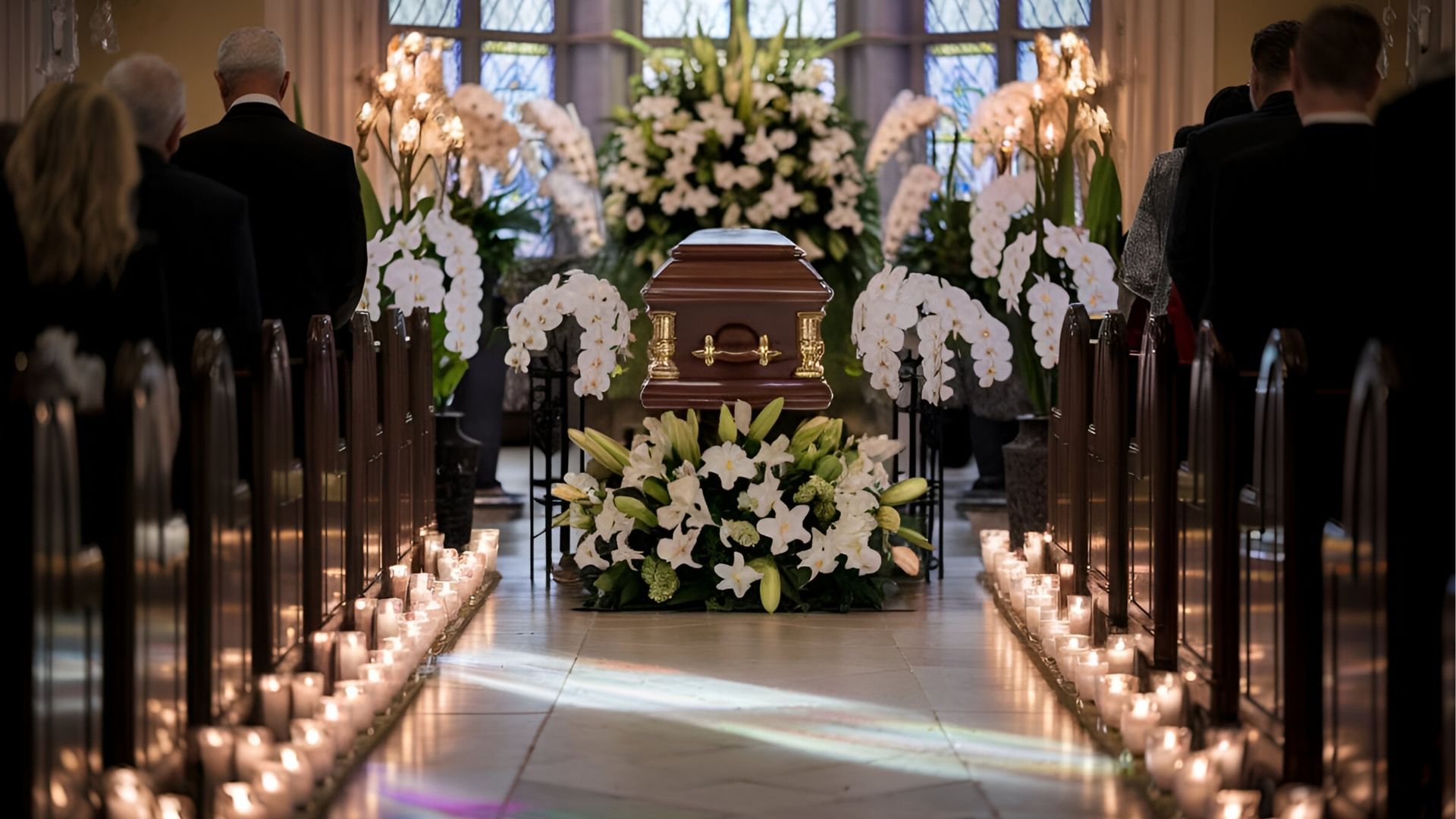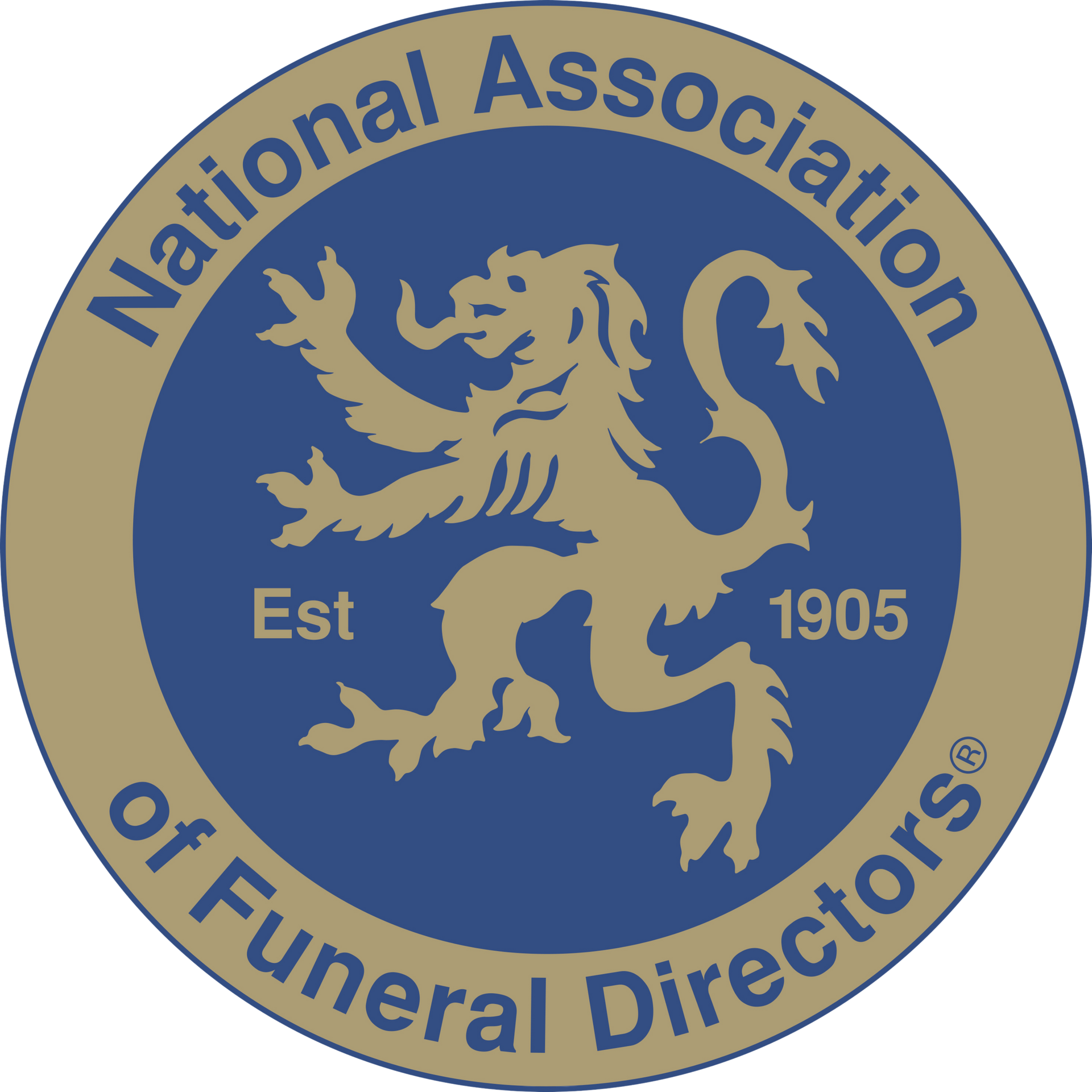What is a funeral celebrant?
When you come to arrange a funeral, you may want to hire a celebrant. Find out what this means and what a celebrant does.

When a person dies, their family usually arranges a funeral – and someone needs to lead the ceremony. Many people choose to hire a funeral celebrant, also known as a "funeral officiant".
There's no legal obligation to do so. A funeral can be led by the family or a religious leader. You can also arrange a direct cremation or burial with no service at all.
A funeral celebrant is a person who doesn't belong to the clergy. They're qualified to lead funeral services. They support the family from the planning stage through to the day of the funeral itself.
When arranging a funeral, you can contact a celebrant directly. Many people, however, prefer to go through their funeral director.
In this article, we explore the role of celebrants in funerals. We hope it helps you arrange the funeral you want for the person who died.
What do funeral celebrants do?
A funeral celebrant's main jobs are to plan and lead a funeral. In the process, they make sure the family's wishes are honoured and support them through the process.
When organising the funeral, they're likely to ask you questions about the life, values, interests and personality of the person who died. They'll probably invite you to share stories and memories. That's so they can personalise the funeral.
If you're struggling to pick music, readings, poems, prayers or hymns, a celebrant can help you decide.
Once you've shared your wishes with the celebrant, they'll go away and draw up an order of service. You can then make amendments and request changes to ensure you arrange the funeral you want.
They will then liaise with the funeral director and crematorium or burial ground to figure out the logistics of the day.
Your celebrant will then meet you at the venue on the day of the funeral. There, they'll lead the funeral and offer you emotional support.
A good funeral celebrant will be sensitive and responsive to your needs both at the planning stage and on the day of the funeral. If you trust your funeral director, you might want to ask them to find you a celebrant.
What are the two types of funeral celebrants?
There are two types of funeral celebrants: civil celebrants and Humanist celebrants.
Civil celebrants
A civil celebrant doesn't belong to the clergy but can carry out both religious and non-religious ceremonies.

This is ideal for people who either want a non-religious ceremony or who want religious elements to be incorporated in the ceremony. They may want, for instance, to have prayers, hymns and readings from scripture but not a full religious ceremony.
Civil celebrants are flexible. They can plan and deliver a funeral service that focuses on mourning, on a celebration of life, or a bit of both.
Humanist celebrants
A Humanist celebrant is different from a civil celebrant because they won't deliver religious ceremonies.
Humanism is a school of thought that doesn't believe in God or the afterlife. A funeral service officiated by a Humanist celebrant will be non-religious and non-spiritual. That means no prayers, no hymns and no readings from scripture.
Most Humanist services include a tribute section. This will focus on the positives of the person's life and emphasise celebration rather than mourning. The tone, however, can be as sombre as you want.
Although Humanism is a belief system, you don't have to be a Humanist yourself to have a funeral service led by a Humanist celebrant.
Which type of celebrant should I choose?
Whether you choose a civil celebrant or a Humanist celebrant largely depends on the wishes of the person who died. It could also depend on the wishes of the family.
If, for instance, the person who died wasn't religious but came from a religious family, a civil celebrant could provide a non-denominational service that incorporates religious elements.
What does a celebrant do at the funeral?
On the day of the funeral, the celebrant will meet you at the venue and lead the order of service. This includes everything from welcoming guests to the final farewell.
Their job is to make sure the funeral goes smoothly. They manage the timing of the service and the transitions from one section to another.
Along the way, the funeral celebrant offers support and guidance to both loved ones and attendees. This helps keep the funeral calm, respectful and organised.
How to find a funeral celebrant
For many people, the easiest way to find a funeral celebrant is to ask their funeral director. They can put you in touch with a celebrant who has the skills and experience to arrange the funeral you want, whether religious, non-religious or multi-faith.
However, you may prefer to look online. There, you can consult online directories of humanist and civil celebrants. Check their experience and qualifications, along with testimonials from past clients, before making a decision.
Frequently asked questions
Who can be a funeral celebrant?
Anyone can conduct a funeral service. To be a professional funeral celebrant, however, you could enrol in a private training course.
Can a celebrant conduct a funeral in a church?
Celebrants typically lead funerals in non-religious locations such as crematoriums, cemeteries and green burial grounds. However, they could lead a funeral in a church with the church's permission.
How much does a funeral celebrant cost?
Celebrants work independently and set their own rates. The cost will depend on the service they provide. You can get quotes by contacting celebrants directly or ask your funeral director to instruct a celebrant on your behalf.
Are you looking for funeral advice? At Akshardham Funeral Directors, we support families throughout Greater London to help them plan the funeral they want. We can help you with all aspects of funeral planning, including arranging a celebrant. Please call at any time – 020 8355 7876.












